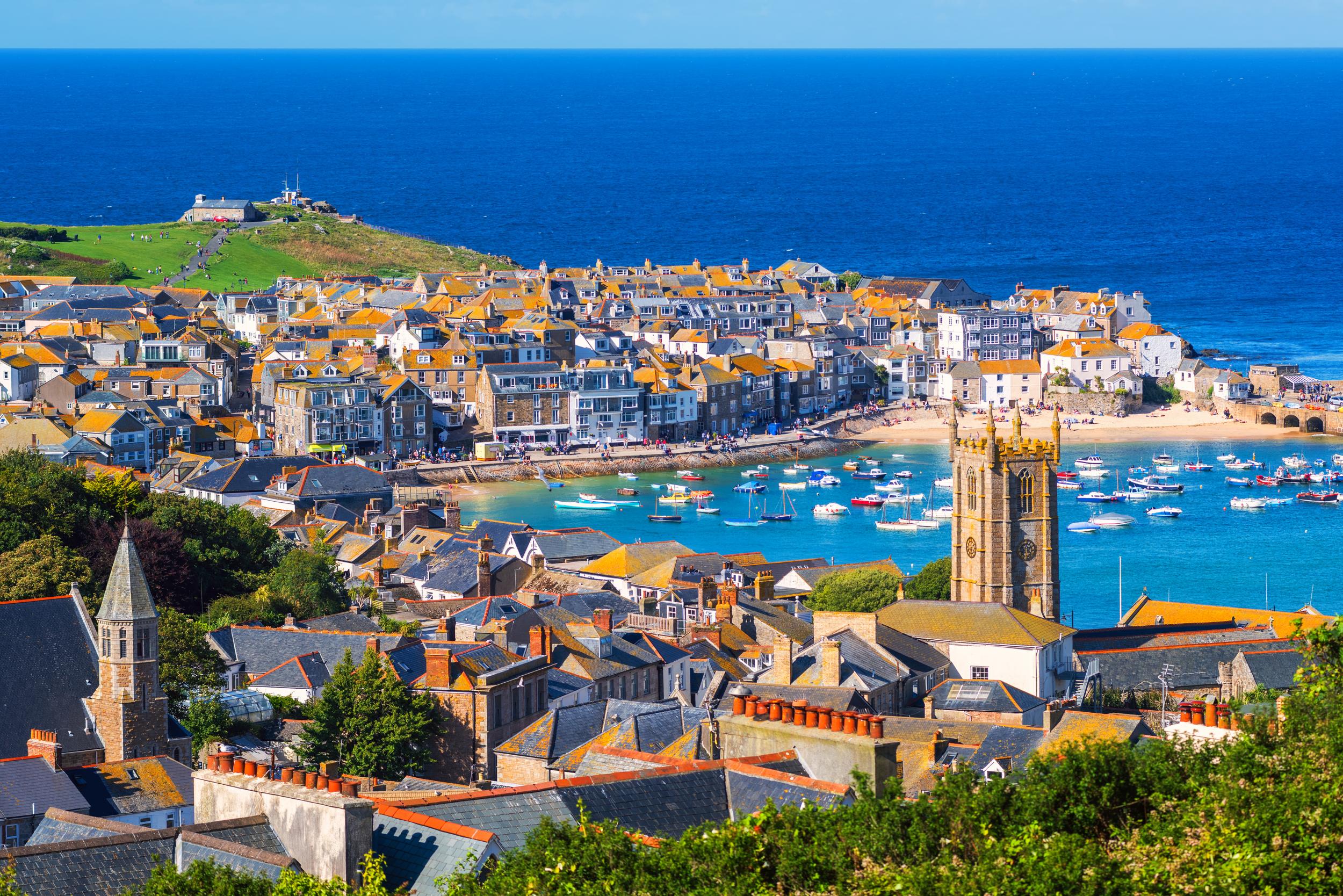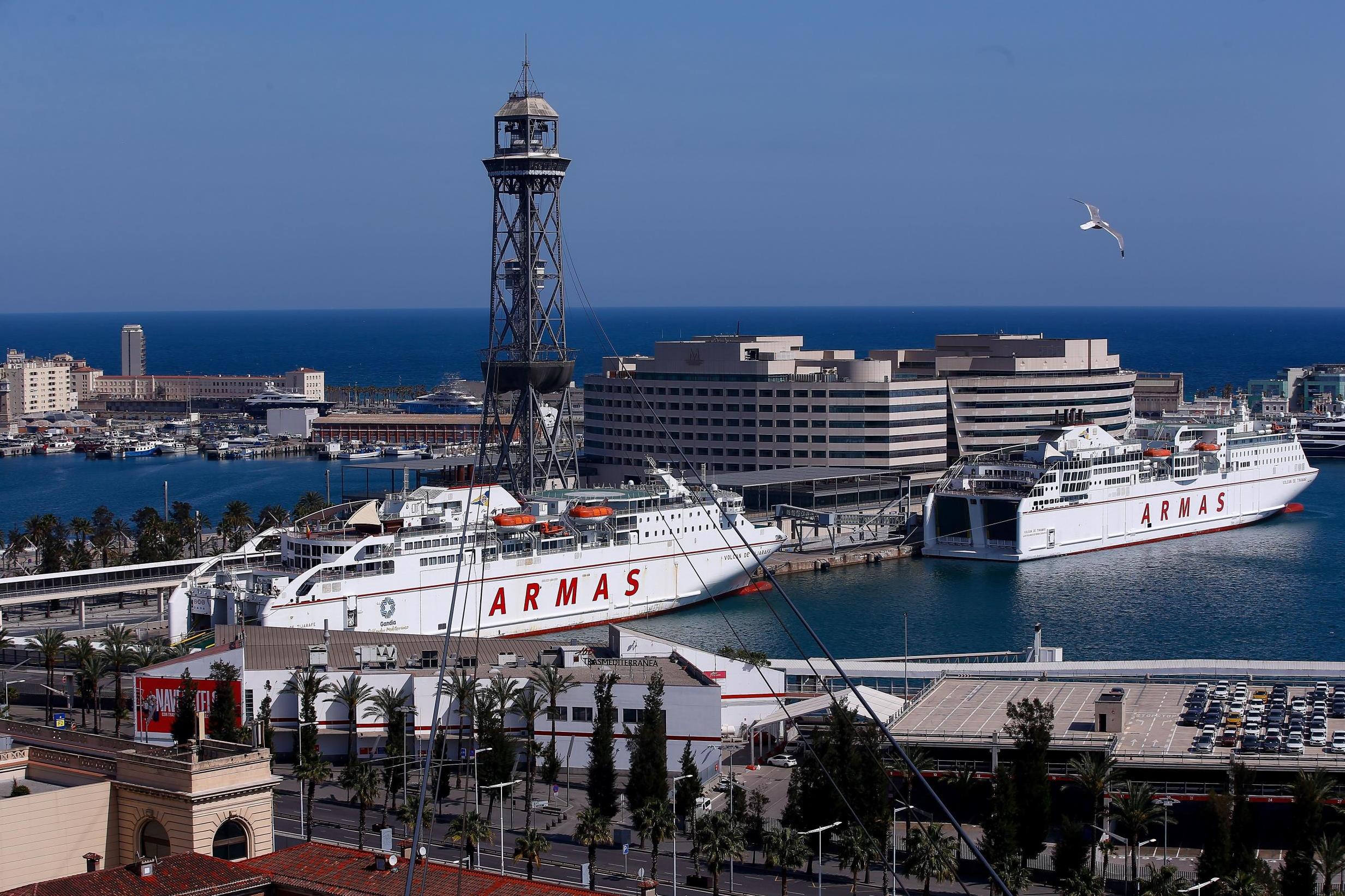Will I get a refund if my upcoming trip to Cornwall in June is cancelled?
Simon Calder answers your questions on the future of staycations, virus certificates and whether you’ll be forced to self-isolate for 14 days after your holiday


Q With the quarantine plans stymying international travel, we are hoping instead to rent a house in Cornwall in mid-July. We obviously don’t know at this stage if we will be able to go, given all the uncertainties about easing lockdown.
If the government was to say no to short-distance travel, or no to holiday rentals, the owner says that all we would get is the right to transfer the booking to a new week up to a year ahead.
My understanding was that we would be entitled to our money back. Can you advise?
Name supplied
A I am fairly confident your trip will go ahead; there have been heavy hints from the government that leisure will reawaken at the beginning of July. So I hope the legal niceties turn out to be irrelevant.
When you pay for a service that, through nobody’s fault, that you cannot avail of, the law is normally on your side.
Had you booked this summer treat in January when we had no idea how awful coronavirus would prove, you would be able to declare the contract “frustrated” and claim all your money back.
The Competition and Markets Authority says: “For most consumer contracts the CMA would expect a consumer to be offered a full refund where ... a consumer cancels, or is prevented from receiving any services, because government public health measures mean they are not allowed to use the services.”
In other words: if you book in good faith but the prevailing lockdown rules in July mean you can’t get there, you should normally expect a refund.
But note the use of that word: most consumer contracts. Now that Covid-19 is known about, and causing so much disruption, it is perfectly proper for the owner to add a coronavirus clause. And you can choose whether or not to agree to it.

Q We are due to go on a cruise on 10 July from Rome to Barcelona. We have flights booked independently with Ryanair from Edinburgh. If we are allowed to fly from June onwards, and the Foreign Office lifts its travel ban, how are we meant to make this work with the quarantine rule? We can’t take another two weeks off to self-isolate after 14 days’ holiday. We have a £12,000 holiday that we choose not to go on. Surely this is unfair?
Rosemary R
A Let me start with the flights. UK airlines and airports are being briefed today by the government over plans to make international arrivals self-isolate for two weeks. An official announcement is expected from the prime minister at 7pm. I understand Boris Johnson will say the move is necessary to reduce the risk of a second wave of coronavirus.
The quarantine rule is expected to take effect at the end of May. It is very unlikely it will be lifted within a month, since it will be difficult to draw any conclusions before then. Many airlines and travel businesses believe the policy will prevail through July.
Therefore I think there is a very high chance that your flights will be cancelled and you will be entitled to a refund – though Ryanair may not be able to return your money for many months. The cruise is different. Many ships are still scheduled to be departing in July, but the longer that a tangle of international restrictions prevails, the less the likelihood there is that they will actually set sail – because they will not be able to offer a plausible service.
As anyone who has stepped aboard a cruise ship will know, they are the most splendidly multinational entities in tourism. The below-decks crew, the “hotel” staff, the entertainment people and the officers are assembled from dozens of different countries – which right now have dozens of different policies about international travel. So simply assembling the crew is going to be difficult.
Next problem: what do individual countries have to say about receiving cruise ships? Your planned voyage evidently takes in Spain and Italy, and I imagine your cruise takes in at least France. Each country, and even individual ports, will have its own policy. The odds of them all being affirmative strike me as low. So I think you can sit back and wait for a refund.
If I am wrong and the cruise goes ahead, you will be in the invidious position of having to travel to Barcelona somehow and join the cruise – as well as self-isolating when you get back to Scotland – or risk losing many thousands of pounds. I suggest you begin a dialogue with the cruise company now to see if, in the unlikely event that it goes ahead, you will be able to postpone to a later date.

Q I am very concerned about the quarantine measures just announced as I have a lot of travel plans this summer. I’m wondering: if testing becomes widely available here in the UK and abroad, and if I am able to get a certificate that says I don’t have the virus just before returning, will that mean I don’t need to self-isolate for 14 days on my return?
Emma D
A No. Some countries are accepting medical certificates as “proof” of your being virus free, and therefore allowing you to skip quarantine; at Vienna airport, for example, you can get an on-the-spot test for the equivalent of £166. This works both outbound (to meet the requirements of foreign governments) and when landing in Austria to circumvent the two-week self-isolation rule.
The rules surrounding the government’s bizarre plan to require 14 days of self-isolation – contrary to international health advice – are still unclear. But there is no suggestion that such a certificate will be accepted by the authorities when you arrive back in the UK. The presumption will be that everyone arriving by air, rail or sea is carrying coronavirus, even though the incidence in almost all countries is much lower than in the UK.
Medical certificates conducted abroad are not regarded as legitimate alternatives to quarantine. This is due to a perceived potential for false negatives (ie saying you are free of coronavirus when you are not) and the fact that, whenever the test takes place, it is possible that between then and arriving in the UK you have picked up the virus.
There will undoubtedly be calls for a Vienna airport-style arrangement in the UK; in a Twitter poll I conducted, 40 per cent of respondents who said they would like such a test to avoid quarantine said they would pay £100 – with a further 20 per cent happy to pay £200.
In the ensuing weeks before the policy takes effect, no doubt the possibility of exemption certificates will be discussed further. But at present, there is no reason to suppose it will become an option.
Join our commenting forum
Join thought-provoking conversations, follow other Independent readers and see their replies
0Comments